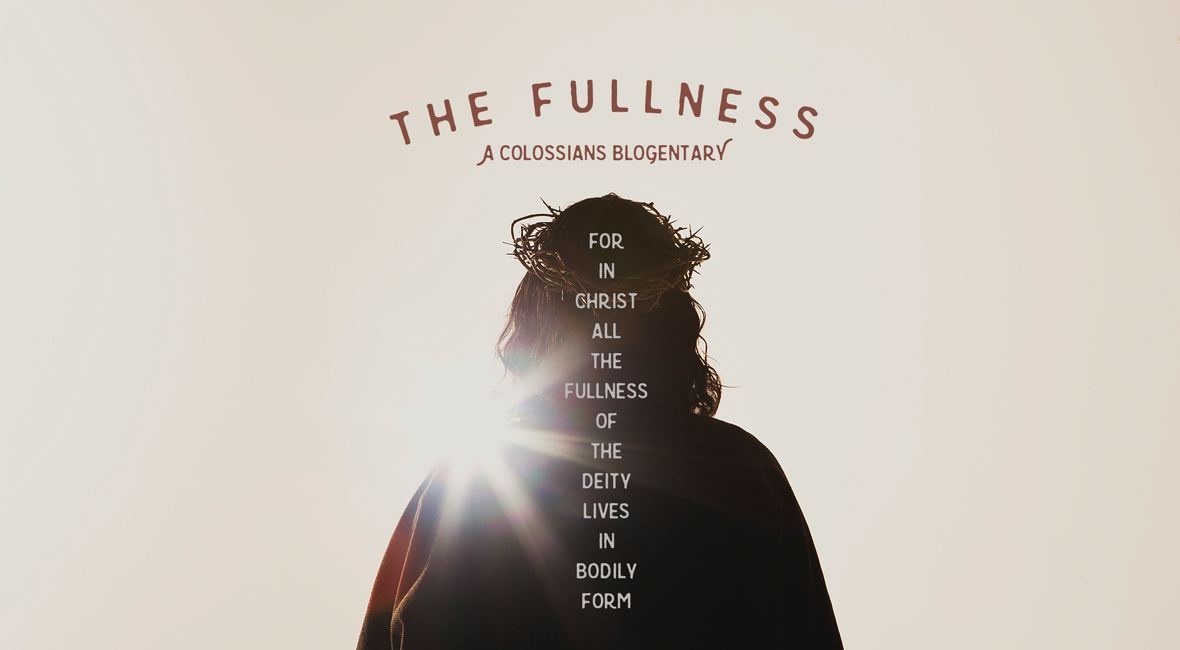Paul’s Prayer – 1:9-10a
9 For this reason, since the day we heard about you, we have not stopped praying for you. We continually ask God to fill you with the knowledge of his will through all the wisdom and understanding that the Spirit gives, 10 so that you may live a life worthy of the Lord and please him in every way…
Paul and Timothy are in constant prayer for the Colossians even though they do not know them personally. They are linked to the church through Epaphras, the disciple of Paul who took the Gospel to Colossae and the surrounding area. Despite the distance, relational as well as geographical, Paul sees himself as pastorally responsible for the young congregation – responsible enough to pray for them often (not just once or twice as he happens to think of them, but with intentionality and regularity). In this, Paul is setting a pastoral example for ministers everywhere. Our prayers should encompass those under our direct spiritual care, as well as those who are under the care of our own disciples and friends. By example, Paul commands us to pray for those in our disciples’ flocks. By doing this, we are honoring those we have raised up in the faith.
To know God’s will is to want God’s will.

